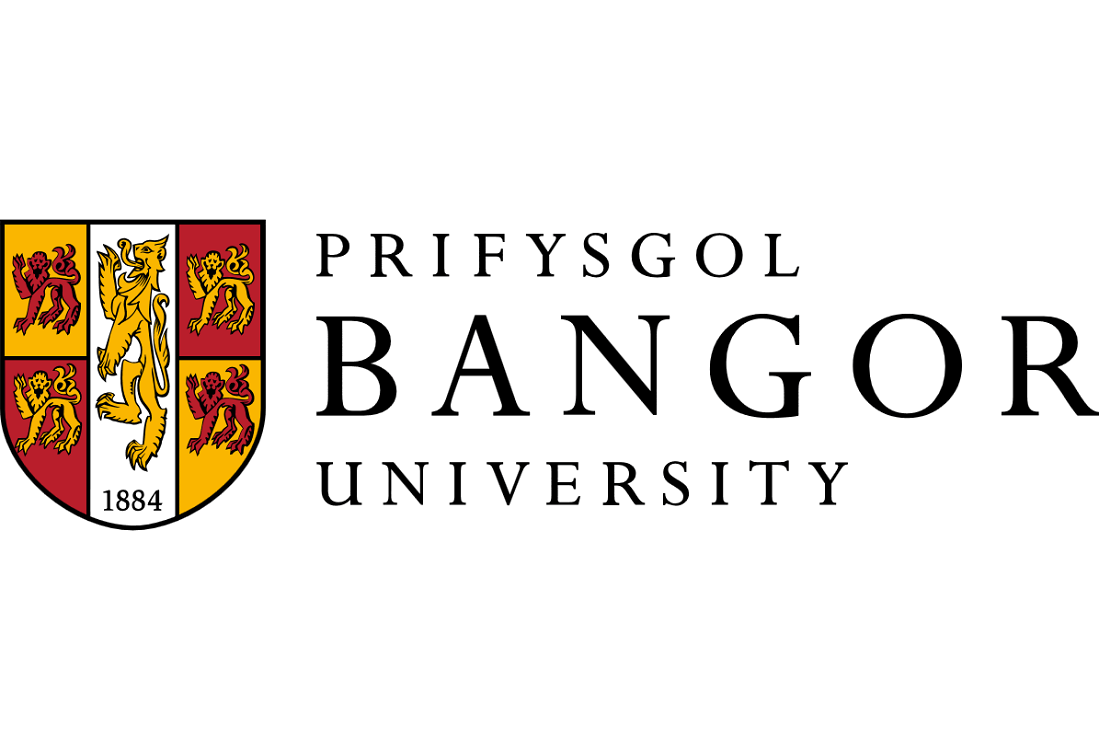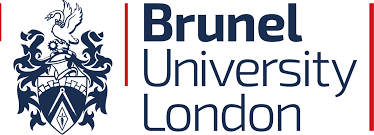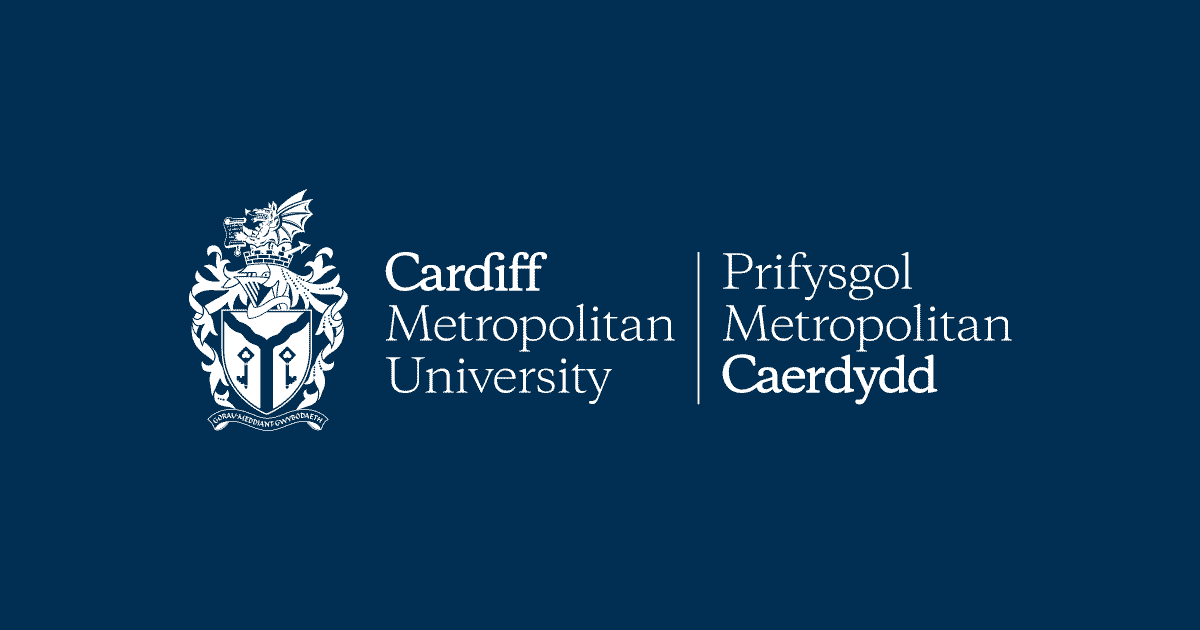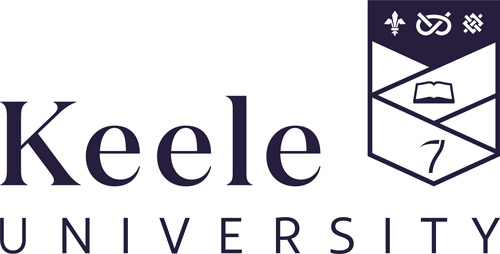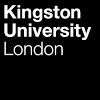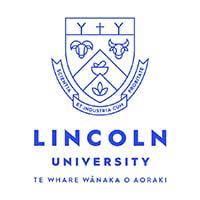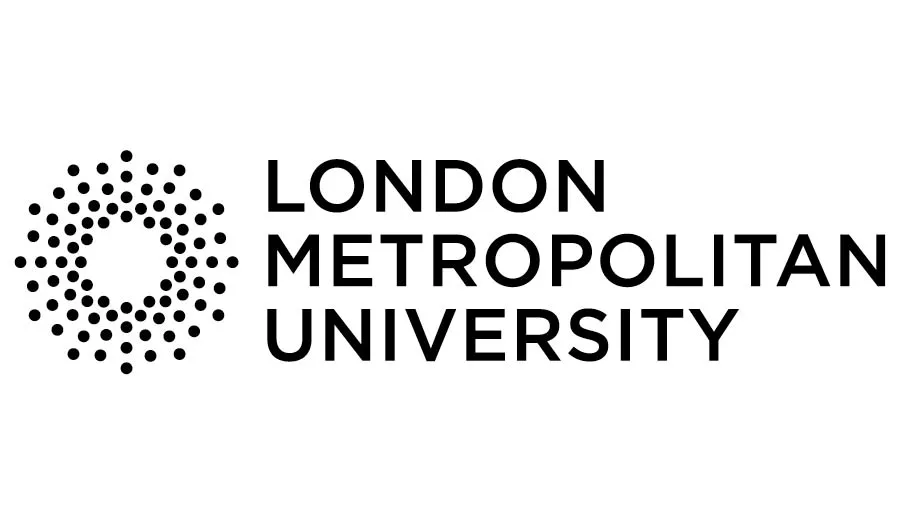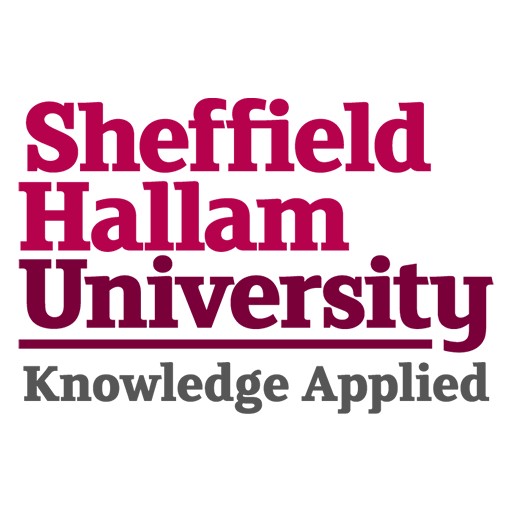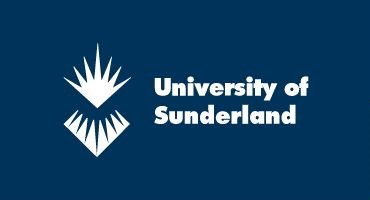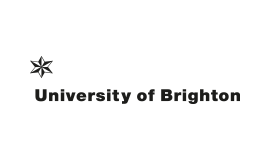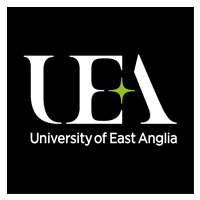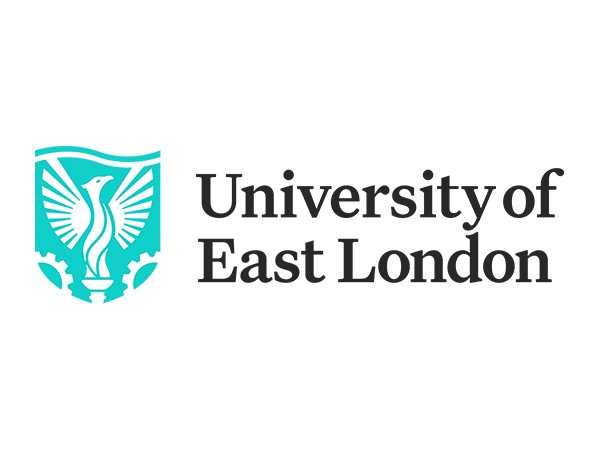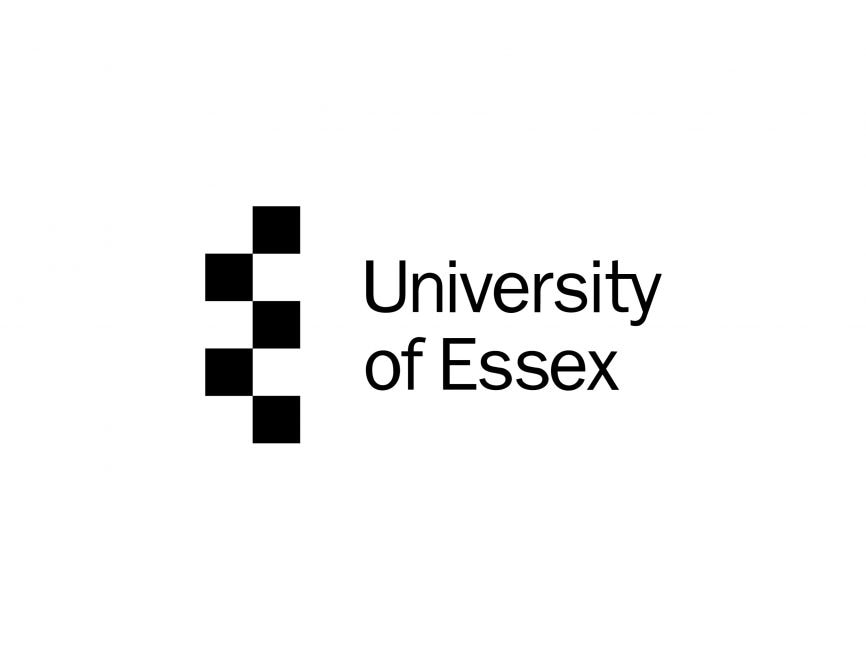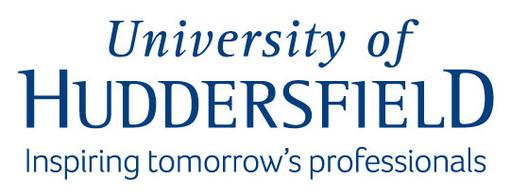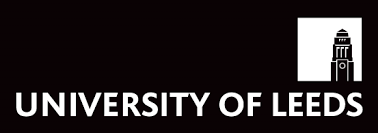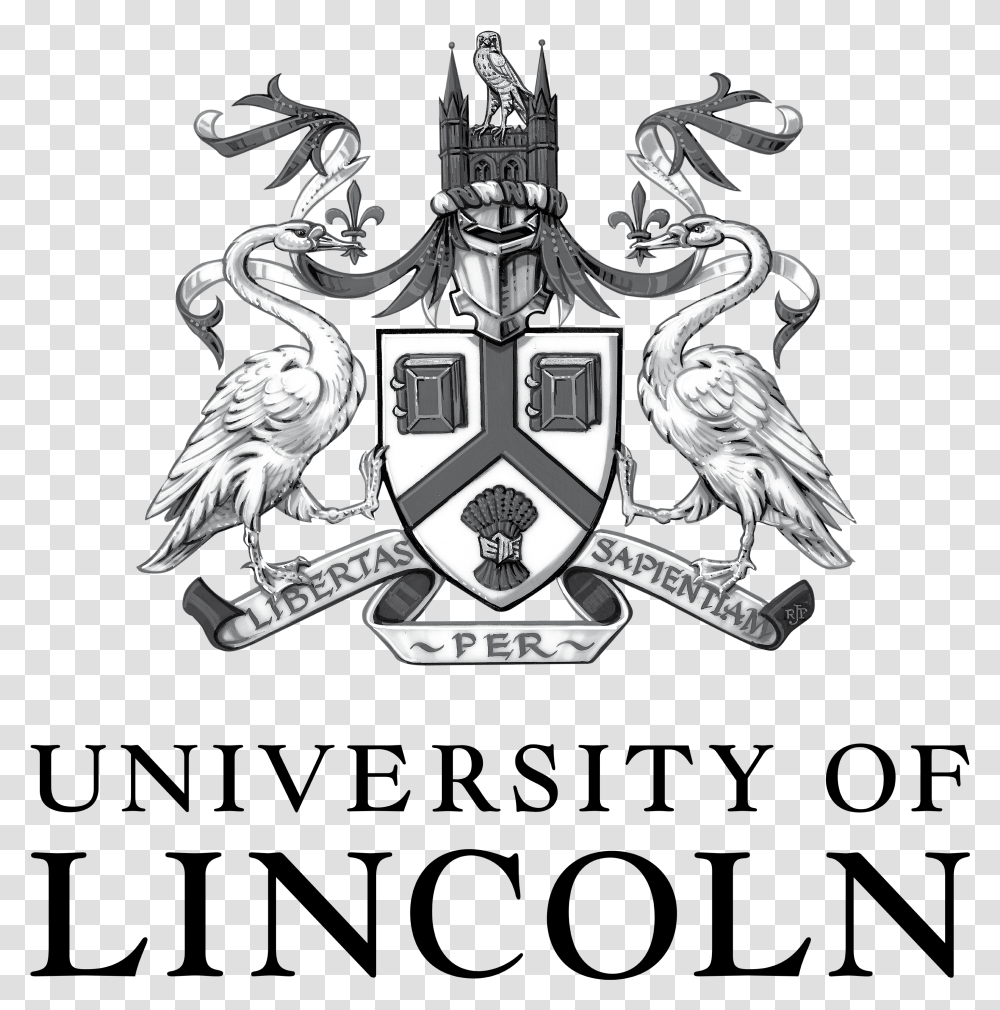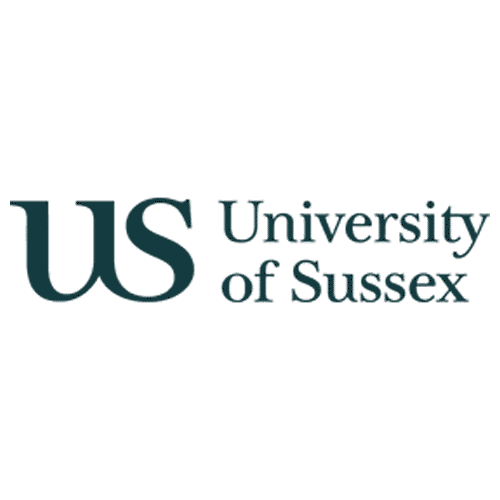Banking and Finance: Your Gateway to Global Financial Expertise
Embark on a transformative academic journey in Banking and Finance, designed specifically for ambitious Indian students looking to make their mark on the international financial stage. This comprehensive program offers a rigorous curriculum, practical insights, and unparalleled global exposure, preparing you for a thriving career in the dynamic world of finance.
Studying Banking and Finance abroad provides a unique opportunity to gain a global perspective on financial markets, regulatory frameworks, and economic trends. You'll learn from leading experts, engage with diverse case studies, and develop critical analytical skills essential for success in today's interconnected financial landscape. Whether your aspirations lie in investment banking, corporate finance, risk management, or fintech, this course will equip you with the knowledge and tools to excel.
Why Choose Banking and Finance Abroad?
- Global Perspective: Understand international financial systems and cross-border transactions.
- Industry-Relevant Skills: Develop practical skills in financial modeling, data analysis, and strategic decision-making.
- Networking Opportunities: Connect with professionals and peers from around the world.
- Career Advancement: Open doors to high-demand roles in leading financial institutions globally.
- Cultural Immersion: Experience a new culture and broaden your personal and professional horizons.
Course Structure and Modules
Our Banking and Finance program is structured to provide a holistic understanding of the financial sector, blending theoretical knowledge with practical application. The curriculum typically covers core areas and offers specialized electives to cater to individual interests and career goals.
Core Modules:
- Financial Accounting and Reporting: Learn the fundamentals of financial statements, analysis, and interpretation.
- Principles of Finance: Explore time value of money, risk and return, and capital budgeting.
- Investment Analysis and Portfolio Management: Understand equity, fixed income, derivatives, and portfolio construction.
- International Finance: Examine exchange rates, international trade, and global capital markets.
- Financial Markets and Institutions: Study the structure and function of various financial markets and institutions.
- Corporate Finance: Delve into capital structure, dividend policy, and mergers and acquisitions.
- Risk Management: Learn to identify, assess, and mitigate financial risks.
- Quantitative Methods for Finance: Apply statistical and mathematical tools to financial problems.
Elective Modules (May vary by institution):
- Fintech and Digital Banking
- Behavioral Finance
- Real Estate Finance
- Private Equity and Venture Capital
- Sustainable Finance and ESG Investing
- Advanced Derivatives
- Financial Law and Regulation
Learning Experience
The learning experience in a foreign university is often dynamic and interactive. You can expect a blend of:
- Lectures: Engaging sessions providing foundational knowledge.
- Seminars: Smaller group discussions for in-depth analysis and debate.
- Workshops: Hands-on sessions to develop practical skills using financial software and tools.
- Case Studies: Analysis of real-world financial scenarios to apply theoretical concepts.
- Guest Speakers: Insights from industry leaders and professionals.
- Group Projects: Collaborative work to simulate real-world team environments.
- Dissertation/Research Project: An opportunity for independent research on a specialized topic.
Many programs also incorporate industry visits, internships, and career development workshops to enhance your employability.
Career Opportunities
Graduates with a degree in Banking and Finance from an international institution are highly sought after by employers worldwide. The skills and knowledge gained open doors to a diverse range of career paths.
Here are some potential career paths you could pursue:
| Career Path | Description | Key Skills Required |
|---|---|---|
| Investment Banker | Advise corporations and governments on mergers, acquisitions, and capital raising. | Financial Modeling, Valuation, Negotiation, Communication |
| Financial Analyst | Research and analyze financial data to provide investment recommendations. | Data Analysis, Research, Reporting, Critical Thinking |
| Portfolio Manager | Manage investment portfolios for individuals or institutions to achieve financial goals. | Risk Management, Investment Strategy, Market Knowledge |
| Risk Manager | Identify, assess, and mitigate financial risks within an organization. | Quantitative Analysis, Regulatory Knowledge, Problem-Solving |
| Corporate Finance Manager | Manage a company's financial operations, including budgeting, forecasting, and capital allocation. | Strategic Planning, Budgeting, Financial Reporting |
| Fintech Specialist | Develop and implement innovative financial technologies and solutions. | Technology Acumen, Innovation, Financial Product Knowledge |
| Wealth Manager | Provide financial advice and services to high-net-worth individuals. | Client Relationship Management, Financial Planning, Investment Advice |
Other roles include roles in commercial banking, central banking, treasury management, and financial consulting. The international exposure and specialized knowledge gained during your study abroad program will give you a significant competitive edge in the global job market.
Entry Requirements and Application Process
Entry requirements for Banking and Finance programs abroad typically include:
- A strong academic record in your undergraduate degree (often a bachelor's degree in a related field like commerce, economics, mathematics, or engineering).
- English language proficiency (IELTS or TOEFL scores).
- Letters of Recommendation (LORs) from academic referees.
- A Statement of Purpose (SOP) outlining your academic and career goals.
- Some programs may require GMAT/GRE scores, especially for master's level courses.
- Relevant work experience may be advantageous for certain postgraduate programs.
The application process usually involves submitting an online application, academic transcripts, test scores, and personal statements. It's crucial to research specific university requirements and application deadlines well in advance.
Life as an International Student
Studying abroad is not just about academics; it's also about personal growth and cultural immersion. You'll have the opportunity to:
- Experience a new culture and way of life.
- Meet students from diverse backgrounds and build a global network.
- Explore new cities and countries.
- Develop independence, adaptability, and problem-solving skills.
- Participate in student clubs, societies, and university events.
Most universities offer extensive support services for international students, including orientation programs, academic advising, career counseling, and assistance with accommodation and visa procedures.
Here is an example of a picturesque campus of a renowned university, offering a glimpse into the vibrant student life you could experience:
This beautiful setting provides an ideal environment for both rigorous study and personal development.
Choosing to study Banking and Finance abroad is an investment in your future, offering a blend of academic excellence, practical exposure, and invaluable life experiences. Prepare to launch a successful and fulfilling career in the global financial industry.


